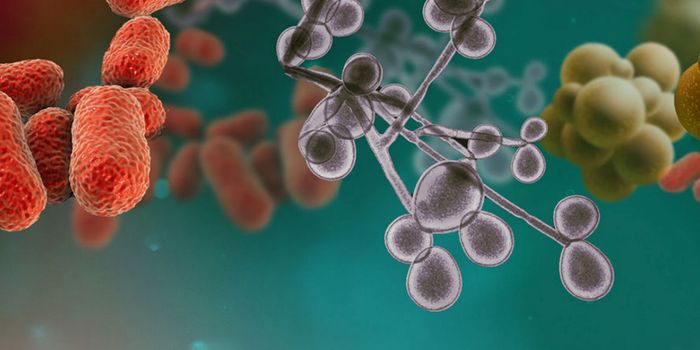Nanotechnology and Management of COVID-19- A Promising Future?
The rate of viral spread and high mortality demanded a quick response to COVID-19. As such, pre-existing drugs were repurposed to combat the disease during the beginning of the pandemic. However, most were largely ineffective or showed only a modest benefit. As such, the most recent focus has been on prevention through vaccination. As the global scientific community’s response to the current pandemic continues to evolve, more attention has been given to the potential use of nanotechnology in managing COVID-19. Nanomedicine is a growing field that involves applying nanotechnology to diagnose, treat, and prevent disease. This field merges several disciplines, including Material Science, Virology, Molecular Biology, and more, to develop innovative disease management approaches.
Nanomaterials are tiny particles with distinctive properties that can allow molecules to overcome pharmacokinetic barriers and other challenges. For example, many drugs lack specificity for their target, leading to unwanted side effects and toxicity. Nanotechnology can allow for targeted drug delivery to a specific cell population. Indeed, this has been demonstrated in literature surrounding targeted cancer therapy. In addition, Pfizer’s and Moderna’s mRNA vaccines take advantage of a particular type of nanoparticle to overcome challenges related to the physical properties of mRNA, such as size and electrostatic charge that prevent its ability to produce an immune response. As such, nanotechnology has been effectively used to enhance vaccine effectiveness against COVID-19.
More recently, the World Health Organization Solidarity Plus Trial is evaluating three additional drugs for the treatment of COVID-19. As results of this and other trials emerge, we will likely continue to learn new ways through which nanotechnology applications may contribute to our ongoing efforts to combat COVID-19. Although legitimate concerns regarding the cost and safety of nanotechnology in medicine exist, the COVID-19 pandemic has highlighted the potential for a promising future for this field.
Sources: frontiers in Medicine, Pharmaceutical nanotechnology, Nature Reviews Materials, World Health Organization









